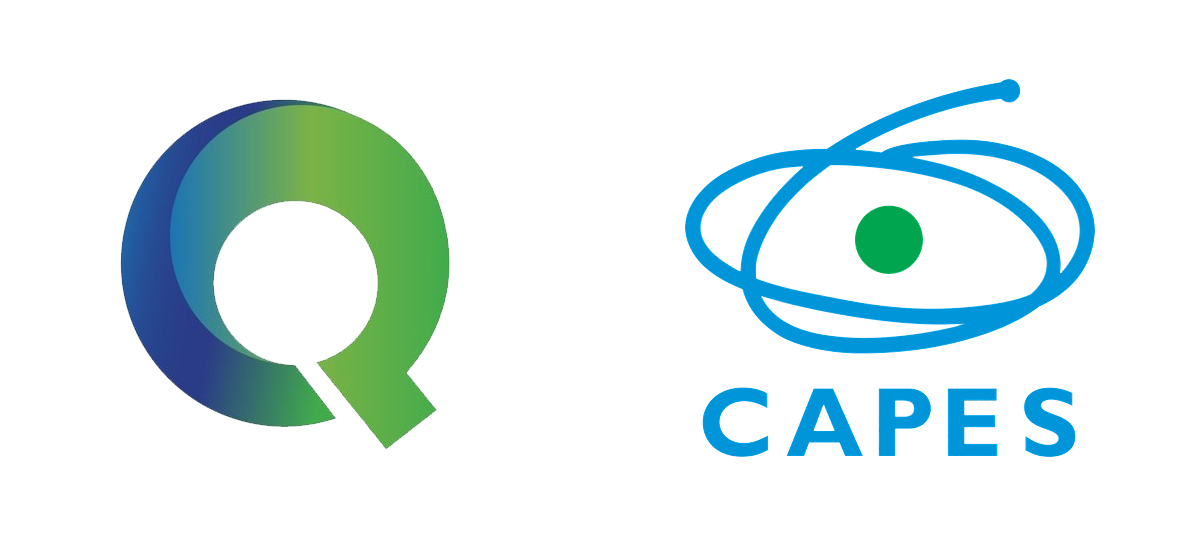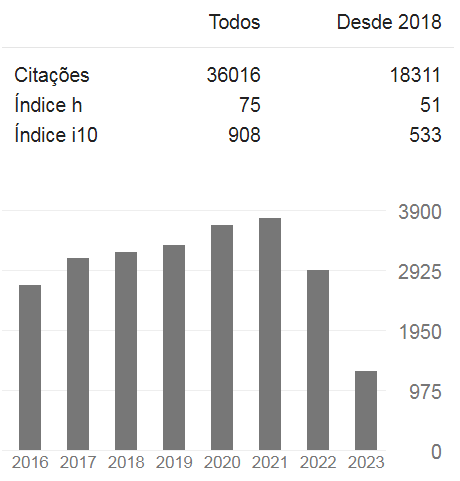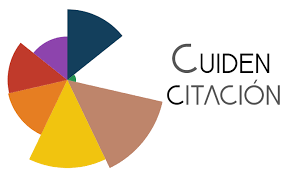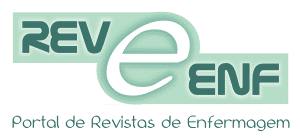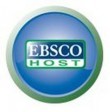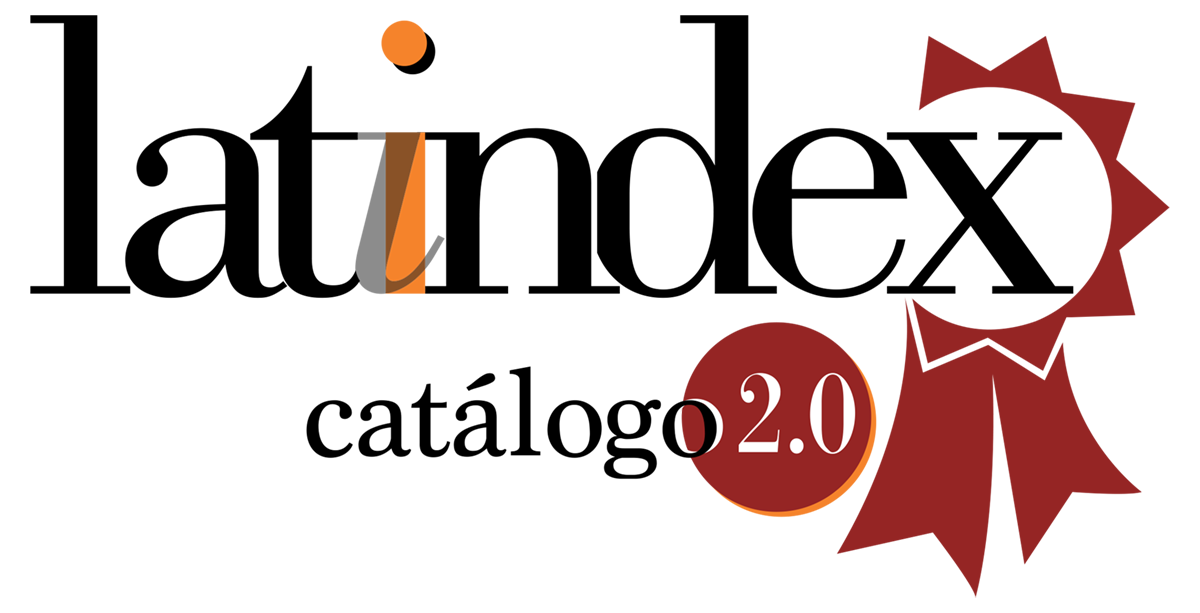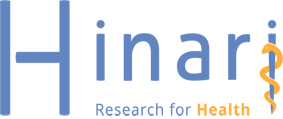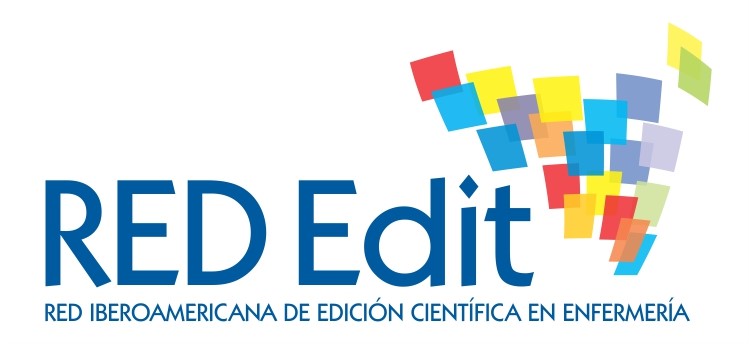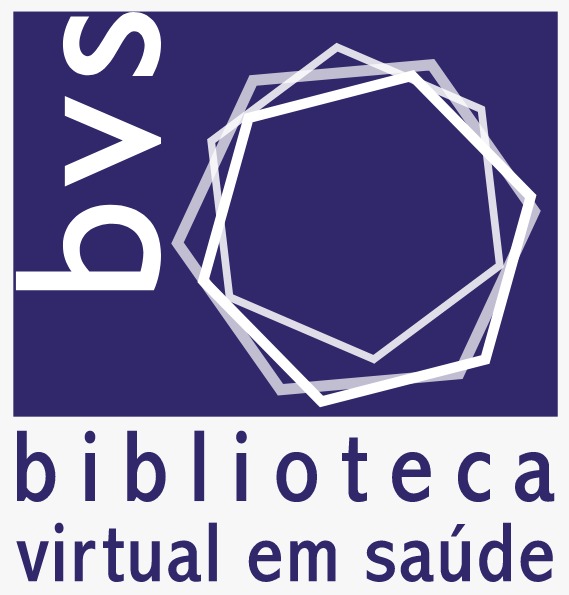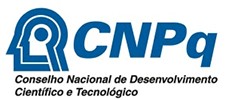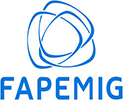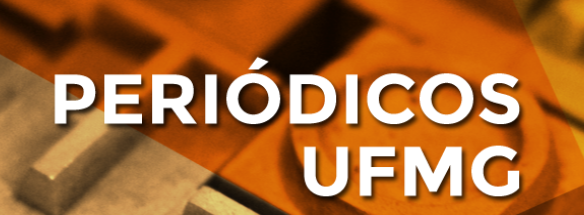Workshop on sexuality in the adolescence: an experience of the team health of the family with adolescents of average education
DOI:
https://doi.org/10.35699/reme.v15i4.50354Keywords:
adolescent, sexually transmissible diseases, health education, family health program, sexualityAbstract
The high rates of teenage pregnancy and STD/AIDS infection in adolescence is responsible for the development of healthcare policies directed to this age group. In this context, the Family Health Program (in Portuguese, PSF) is considered a vital element in establishing bonds with this specific clientele. The program uses the school as a space for reflection and behavior change. This study aims to describe an experience of sex education for teenagers. It was carried out in a public school in Cuiabá-MT, Brazil in an area under the responsibility of a Family Health Primary Unit and included in the Education thru Work Program (in Portuguese, PET-Saúde). The experience consisted in workshops with 1st grade pupils that were divided in small groups. Using group dynamics strategies the following subjects were approached: familiarity with one's own body, transmission and prevention of STD/AIDS, pregnancy prevention, drug use, sexuality myths and taboos, and life project. The workshops proved to be a valuable opportunity to reflect about sexuality and to broaden the pupil's awareness about that topic. We detected the necessity of an interface between the Family Health team and the school's teachers so as to optimize the school as the space for the STD/AIDS prevention and the adolescent's sexual and reproductive health promotion. In conclusion this subject should be introduced in vocational and post-graduation courses so as to form new healthcare professionals in this area of expertise.Downloads
Published
2011-12-01
Issue
Section
Research
How to Cite
1.
Workshop on sexuality in the adolescence: an experience of the team health of the family with adolescents of average education. REME Rev Min Enferm. [Internet]. 2011 Dec. 1 [cited 2025 Oct. 9];15(4). Available from: https://periodicos-des.cecom.ufmg.br/index.php/reme/article/view/50354


